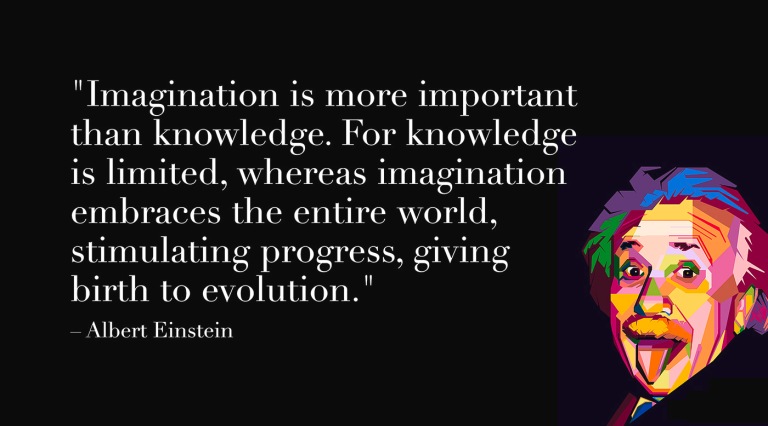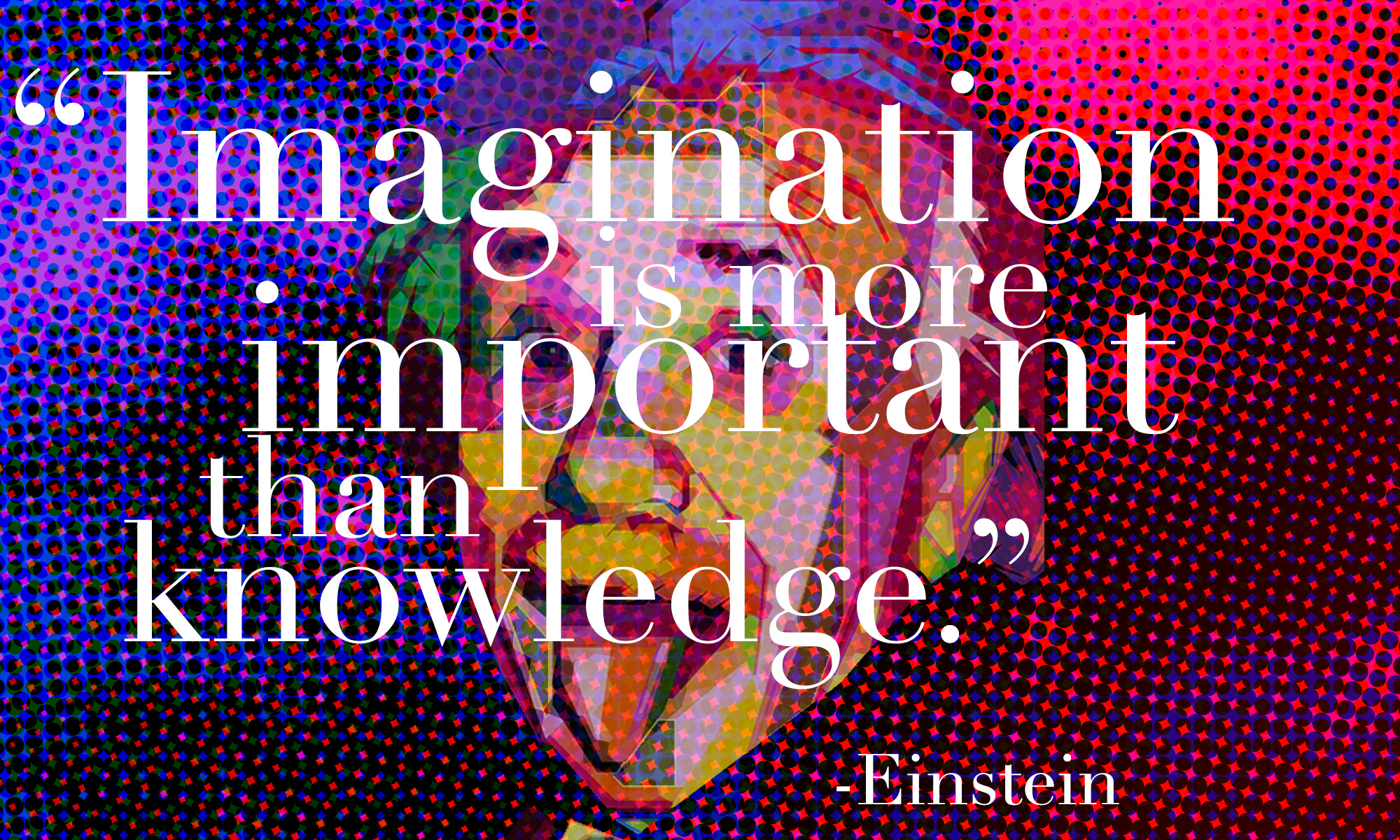Exceptional talent ensures the development of awesome digital products and brands that your customers love.
But the process of hiring talented product teams is a struggle for many organizations, from the recruiting process of attracting the right talent to ensuring a good fit with your existing team and culture to finding candidates with the right skills and experience.
The Problems with Your Current Recruiting Processes
It’s often chaotic trying to balance out your daily product activities while developing position details, attracting talent, sorting through hundreds of resumes, reviewing portfolios, coordinating interviews, etc. Adding a ton of impossible “needs” also plagues the process further… they need to have this skill, and this experience, this education, this haircut, this font on their resume, etc.
Once you narrow the list and start interviewing key candidates, the selection of the “right” individual is often tainted by groupthink… if one person says no, then they’re out!

The “lucky” candidate finally makes it through the hiring gauntlet and you send them an offer. And then nothing. They’ve accepted another offer. They’re gone. Ok, so who was our 2nd choice? Well, we liked him, but one person said no… maybe we should start the process all over again?
Sound familiar?
If so, it’s probably your team and hiring process that suck. Not the candidates.
Keep reading below before you scare off any other candidates…
How to Hire Kickass Product Team Members
1. Focus on Recruiting Creative Candidates
There’s one major issue with all product teams that I’ve seen from all the companies and teams I’ve consulted for or worked with… and it’s generally the lack of creativity of the individuals to produce new or exciting product ideas.
Regardless of whether you’re hiring a product manager, experience designer, software engineer, ScrumMaster/PM, or QA staff, you need to focus on finding the best candidates that are creative and have new and awesome ideas. And the results to boot.
Why is the creative trait the best one to look for?

As I mentioned in my previous post about creative product managers:
“Creatives are a naturally curious, often
daydreamingbrainstorming new ideas and creative solutions to difficult problems. Where others see a blank canvas, we see full-scale solutions without having to understand – or be constrained – by the limitations of technology. And because us creatives have higher emotional intelligence (EQ), it makes it easier to empathize with customers by engaging, listening, and learning from them; which is the secret to building awesome products. Additionally, we enjoy collaboration within diverse teams in order to hear a variety of perspectives – including opposing views – because we know that these can lead to bigger and better ideas.”
INTERVIEW GUIDE:
- What app do you want to build and why (bonus points if they whiteboard it out)?
- How would you market the app you want to build?
- What do you like/dislike or change about our company’s current product?
2. Remove Unnecessary Needs From the Job Description
You’ve been there. You’ve seen a great job description. You get excited. You read further. Until, BAM! You see it. The one requirement you don’t meet. Perhaps it’s a particular software, skill, or industry knowledge. You weep softly and think of what could have been.
This is a maddening experience and something that I coach teams against. 5 years of experience? What if they have 4 years of experience and are product rockstars??
Or experience with a specific industry? Why is that necessary? It’s almost always better to recruit candidates who don’t have expertise in your area so that you get a fresh perspective on your product, industry, and technology. You can be a brilliant Product Manager or UX Designer and be industry agnostic… it’s the experience and skills that make them great, not necessarily specific knowledge of that company or industry. If anything, specific company or industry knowledge can hurt more than help since it keeps that person in a comfort bubble.
You need to scale back the list of requirements in order to find better talent. If not, you risk overlooking an average patent examiner for the next world-renowned theoretical physicist.
3. Humor is a Sign of Intelligence
If you’ve ever worked with people who suck, they’re usually boring, narcissistic, and/or have no sense of humor. We (i.e. normal humans) all like to laugh and have fun while working. So it’s important to hire folks who are sarcastic and have good sense of humor.
Why is humor important?
Albert Einstein attributed his brilliant mind to having a childlike sense of humor. Indeed, a number of studies have found an association between humor and intelligence.
 Funny people – particularly those who enjoy dark humor – have higher IQs than their less funny peers because it takes both cognitive and emotional ability to process and produce humor. Their analysis shows that funny people have higher verbal and non-verbal intelligence, and they score lower in mood disturbance and aggressiveness.
Funny people – particularly those who enjoy dark humor – have higher IQs than their less funny peers because it takes both cognitive and emotional ability to process and produce humor. Their analysis shows that funny people have higher verbal and non-verbal intelligence, and they score lower in mood disturbance and aggressiveness.
Not only are funny people smarter, they’re also great to be around. Evidence suggests that having a good sense of humor is linked to high emotional intelligence (EQ) and is a highly desirable quality in a partner.
INTERVIEW GUIDE:
- DO: The candidate should make you laugh during the course of a normal interview (phone or in-person), where humor should just be part of their personality.
- DON’T: Please don’t ask them to tell you a joke, even comedians aren’t that funny when put on the spot.
4. Seek Results-Oriented Candidates vs Process Knowledge
Results should be the only thing that matters, not process.
Sure, it may make it a little easier to work with someone that has Agile experience and/or certifications. But to diminish a candidate’s standing because their current Agile process doesn’t match yours is completely idiotic. Remember the Agile manifesto – outlined below – directly states “Individuals and interactions over processes and tools.”

If they have 10+ years of experience and have developed a plethora of websites and mobile apps, then make sure you’re asking the right questions. But you shouldn’t ever bring up process (unless of course you’re hiring a ScrumMaster or PM), because most candidates aren’t responsible for developing their process and it’s likely going to be different than your Agile process.
Elon Musk was recently quoted as saying “Generally, I look for things that are evidence of exceptional ability. I don’t even care if somebody graduated from college or high school or whatever… Did they build something really impressive? Win some really tough competition? Come up with some really great idea?”
INTERVIEW GUIDE:
- How do you define success in products?
- What KPI’s did you measure and why?
- Did you hit your KPI’s?
- Did you ever have to pivot a product? If so, why?
- Tell me about a time you failed.
5. Find People with Passion
Nobody wants to work with boring people. To combat this, you need to find folks who are passionate. About anything. As long as it’s legal. And preferably related to the role.
INTERVIEW GUIDE:
Don’t ask “What are you passionate about?” because of course they’re going to rattle off a ton of stuff just to impress you. Instead, ask them these questions:
- What do you do in your spare time?
- If you could go back and change your undergraduate major, what would it be?
- Do you volunteer and/or donate money?
- Anything else you want to tell me about yourself?
Conclusion
It’s important to have the right perspective on your selection process and criteria to find the right candidates who are a great fit for your team. And that means finding creative candidates for all positions, as well as those that are funny and have proven results.
If you still need convincing, then you should listen to an overlooked patent examiner…


